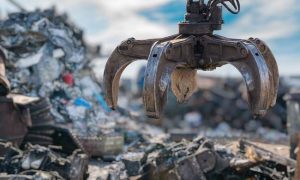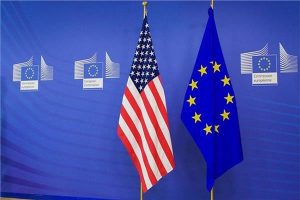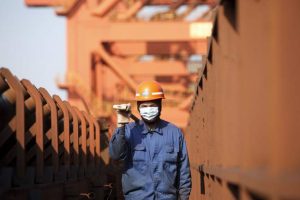The EU could go from exporter to importer of scrap in as little as five years as steelmakers globally convert to electric arc furnaces (EAFs), and competition for scrap material will intensify.
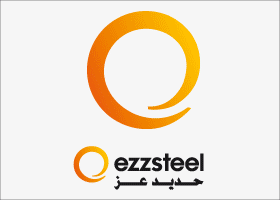
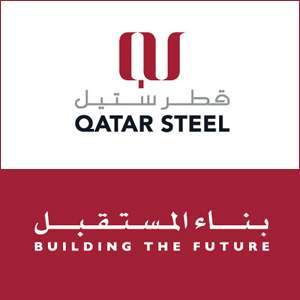
Ezz_Web_Banner_Side_280x200
qatar_steel2


SMS group
Steelco

Awards
SteelOrbis
steelradar
Arab Steel Summit
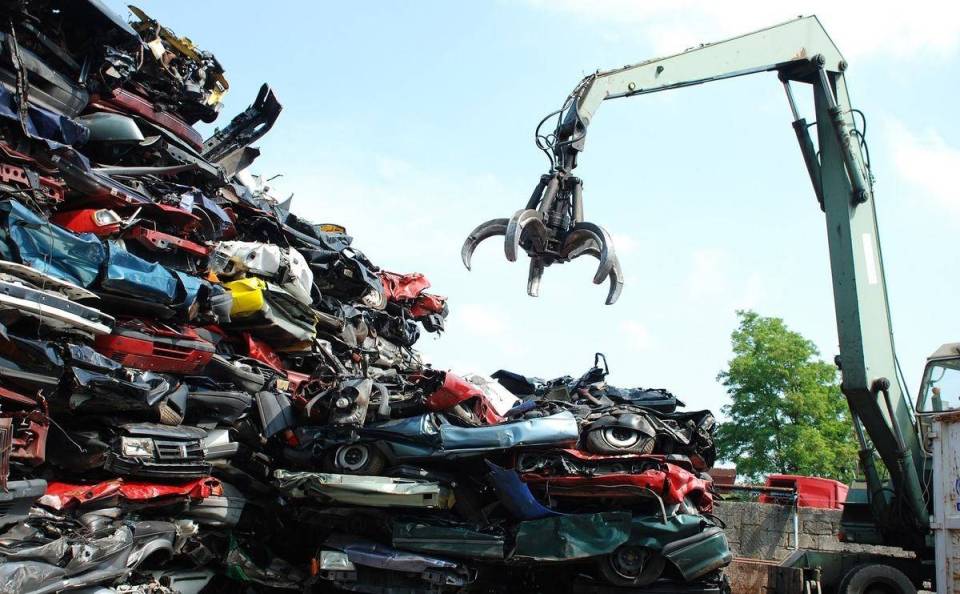
Report: The European Union can become a scrap importer within five years
- 1 June 2023
- 8:48 am
- Front news, Steel News
Twitter
Facebook
Related News



Ezz-780-1
kuwit-steel3
mih-1
Latest News

Iron rises to the highest level in 7 weeks due to “Fortescue” and China
24 April، 2024
2:51 pm
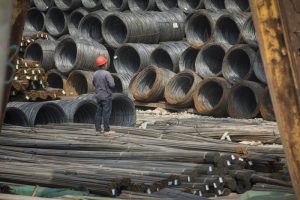
China’s steel demand expected to be weak in traditionally stronger Q2
24 April، 2024
12:11 pm
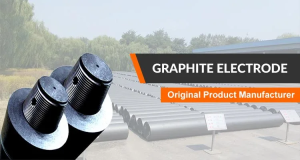
Japan Launches Anti-Dumping Probe Into Chinese Graphite Electrodes for Steelmaking
23 April، 2024
11:01 am
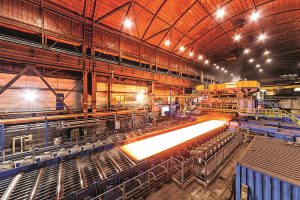

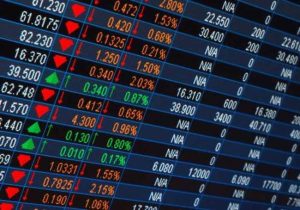
Steel prices in the third week of April 2024
20 April، 2024
4:49 pm
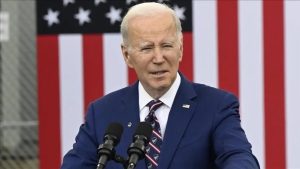
Biden pledges that America will retain ownership of US Steel
20 April، 2024
4:02 pm
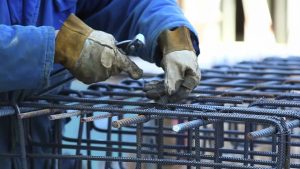
UAE: Rebar prices rise by 8% during the first quarter of 2024
18 April، 2024
10:31 am
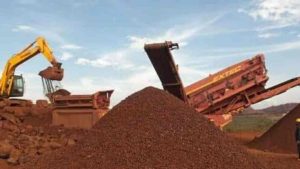
Price of iron ore may fall to $100 per ton again at the end of 2024
18 April، 2024
2:40 am

US intends to increase duties 3 times on imports of Chinese steel and aluminum
18 April، 2024
2:22 am



